In the cosmetic industry, Hyaluronic Acid (HA) is not only a widely known moisturizing nutrient but also an effective anti-aging agent. Here are some things you need to know about Hyaluronic Acid to choose the right moisturizer for your skin. What is Hyaluronic Acid?
Hyaluronic Acid (HA) was discovered by Dr. Karl Meyer in 1934. Still, it became truly famous in the 80s and 90s when a reporter visited Yuzuri Hara Village in Japan and discovered that all men and women here have beautiful skin without wrinkles and thick, smooth hair. Later, they found that people ate a lot of tofu and soybeans, which contain a lot of estrogen molecules, helping to stimulate the body’s natural HA production.
Hyaluronic Acid (HA) is a gel-like molecule that can retain water well, works as a buffer, and fills the space between cells. HA acts as a soft lining for joints and between nerves, moisturizes skin and hair, and tightens eye sockets. HA not only makes your skin more beautiful and smoother but also contributes to the health of bones, joints, and eyes.
More than half of the amount of HA in the body is concentrated in the collagen area in the dermis layer of the skin. That is why HA plays a decisive role in the skin’s beauty. Each human body has about 15 grams of HA, and this amount changes, degenerates, and is regenerated every day. However, the body’s natural HA production process gradually declines as age increases, and signs of aging appear in stages. The body can only produce half the amount of HA needed at that time.
HA can increase its weight to 1000 times when mixed with the skin’s water environment. Hence, it may retain water well, moisturize the skin, fade wrinkles, and prevent aging.
How to supplement Hyaluronic Acid for all skin types?
We should promote Hyaluronic Acid production in the body by eating foods that stimulate Hyaluronic Acid to rise to protect and moisturize the skin. Below are foods that can boost Hyaluronic Acid:
♦ Soybeans and soy products are rich in phytoestrogen, stimulating Hyaluronic Acid under the skin.
♦ The peel of red grapes. Eating red grapes or drinking 1 cup of red grape juice daily is recommended.
♦ Vitamin C also has a role in stimulating Hyaluronic Acid. We should eat colored fruits, vegetables, tubers, and berries (red, orange, yellow, etc.) Parsley and cilantro contain a lot of vitamin C.
♦ Oranges, lemons, grapefruit, and other citrus fruits also help produce Hyaluronic Acid for the skin. We should eat other fruits such as bananas, apples, pears, watermelon, peaches, etc.
A “solid interior” cannot lack a “durable protective barrier.” It is necessary to alternately combine with products containing Hyaluronic Acid to create a protective layer with enough moisture to prevent external factors as well as fight skin aging.
Among many different moisturizing products, Hydrating B5 Gel seems to have highlighted its role in protecting women’s moist and smooth skin.
Be outstanding and convincing for all skin types – What does Hydrating B5 Gel bring?
HYDRATING B5 GEL
Hydrating B5 Gel is a specialized serum for moisturizing the skin. Thanks to Hyaluronic acid and Vitamin B5, water molecules easily penetrate the skin surface to the epidermis, helping to retain moisture and increase skin elasticity.
Thanks to concentrated intensive skincare ingredients, Hydrating B5 has shown its full effectiveness when moisturizing the skin.
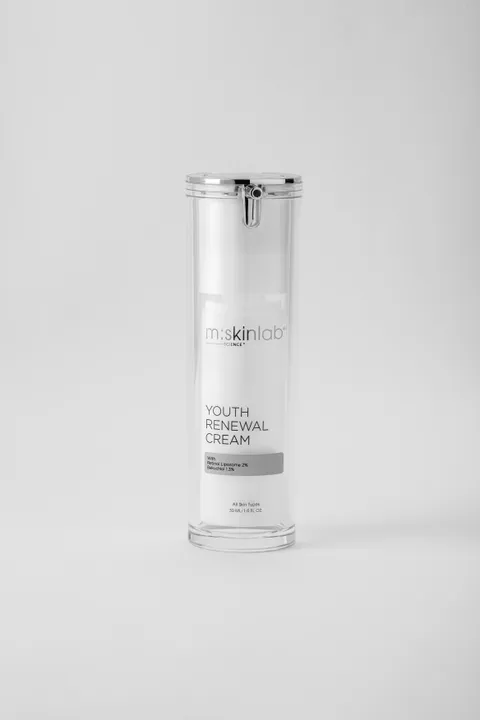
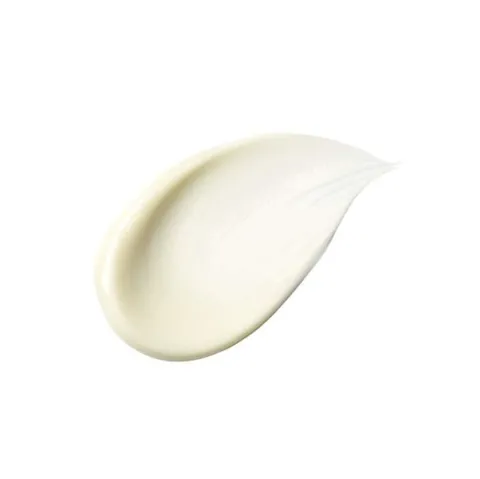
 Best-Seller
Best-Seller  ACTIVE SKINTREATMENT
ACTIVE SKINTREATMENT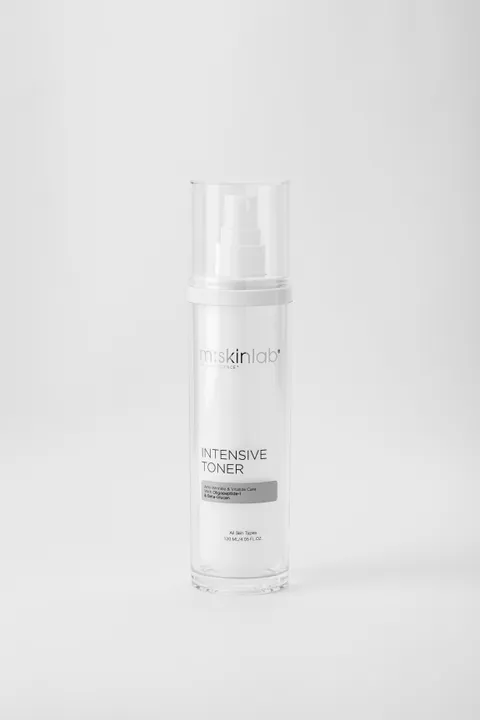

 ACTIVE SKINREPAIR
ACTIVE SKINREPAIR

 ACTIVE SKINTREATMENT
ACTIVE SKINTREATMENT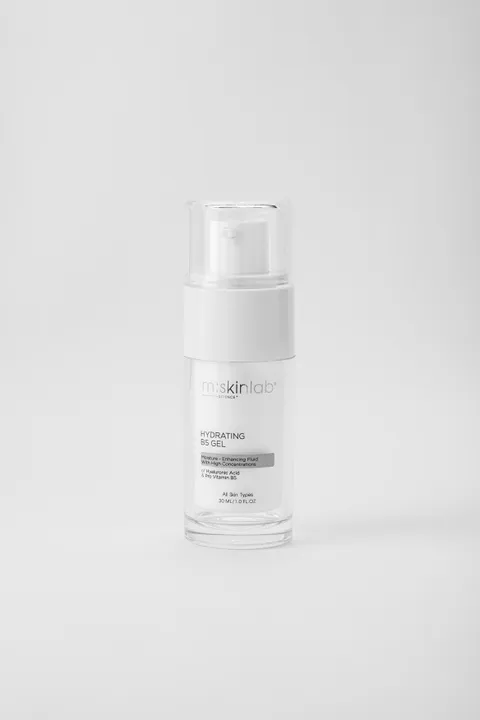

 Best-Seller
Best-Seller  ACTIVE SKINREPAIR
ACTIVE SKINREPAIRMoisture - Enhancing Fluid With High Concentrations of Hyaluronic Acid & Pro Vitamin B5
30ml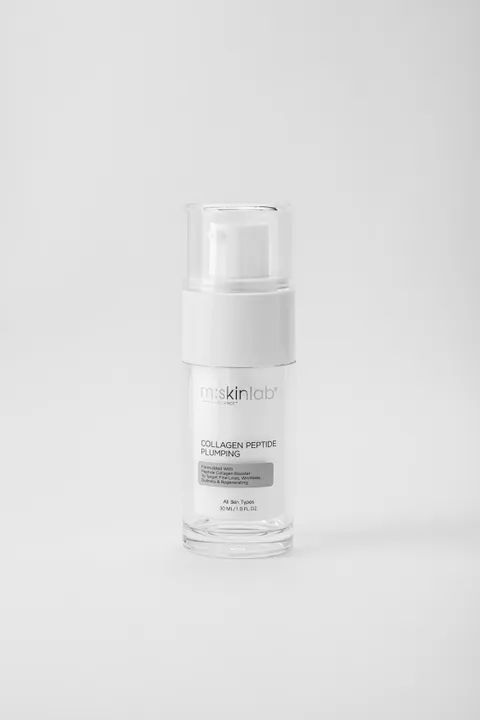
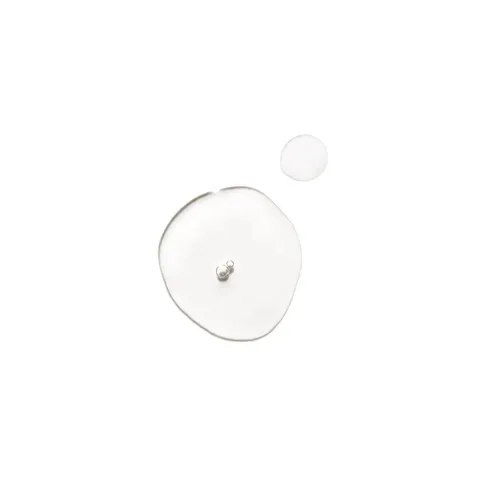
 Best-Seller
Best-Seller  ACTIVE SKINREPAIR
ACTIVE SKINREPAIRFormulated With Peptide Collagen Booster To Target Fine Lines, Wrinkless, Dullness & Regenerating
30ml

 Best-Seller
Best-Seller  ACTIVE SKINREPAIR
ACTIVE SKINREPAIR

 Best-Seller
Best-Seller  ACTIVE SKINTREATMENT
ACTIVE SKINTREATMENT

 ACTIVE SKINTREATMENT
ACTIVE SKINTREATMENT






.webp)




 Best-Seller
Best-Seller  ACTIVE SKINTREATMENT
ACTIVE SKINTREATMENT

 ACTIVE SKINREPAIR
ACTIVE SKINREPAIR

 ACTIVE SKINTREATMENT
ACTIVE SKINTREATMENT

 Best-Seller
Best-Seller  ACTIVE SKINREPAIR
ACTIVE SKINREPAIRMoisture - Enhancing Fluid With High Concentrations of Hyaluronic Acid & Pro Vitamin B5
30ml

 Best-Seller
Best-Seller  ACTIVE SKINREPAIR
ACTIVE SKINREPAIRFormulated With Peptide Collagen Booster To Target Fine Lines, Wrinkless, Dullness & Regenerating
30ml

 Best-Seller
Best-Seller  ACTIVE SKINREPAIR
ACTIVE SKINREPAIR

 Best-Seller
Best-Seller  ACTIVE SKINTREATMENT
ACTIVE SKINTREATMENT

 ACTIVE SKINTREATMENT
ACTIVE SKINTREATMENT